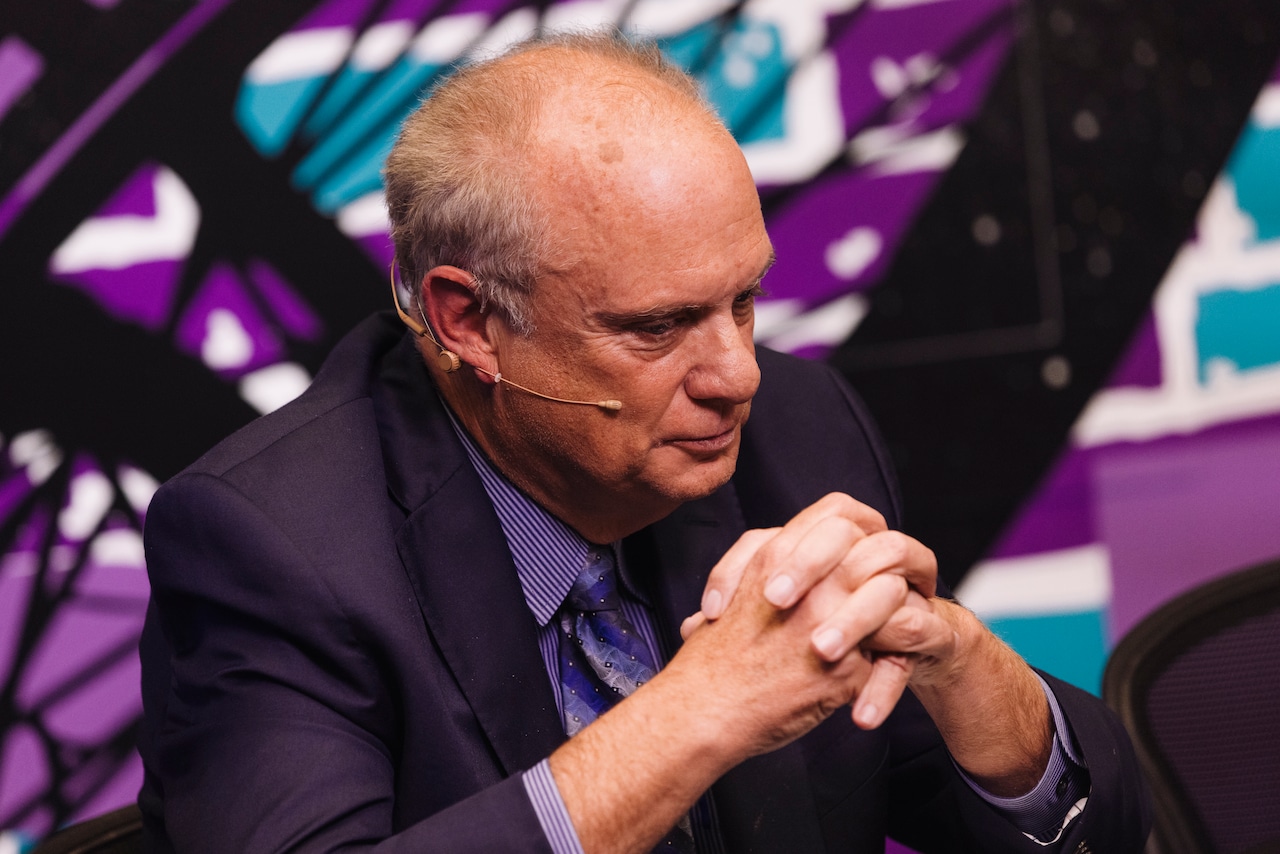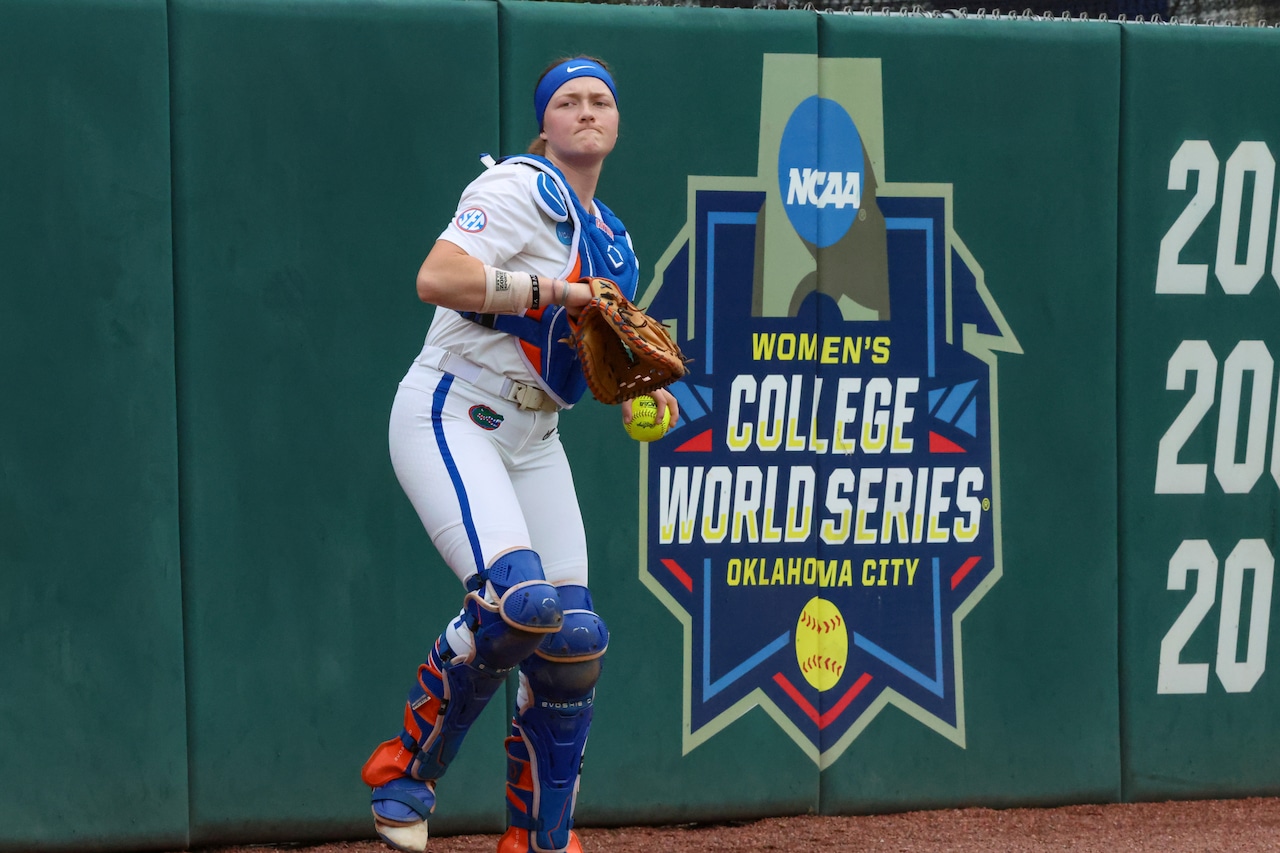With less than a month to go before pitchers and catchers report to spring training in Fort Myers, the Red Sox have yet to make moves to significantly improve their outlook for 2024. While Boston has added eight outside players to its 40-man roster since the end of the season, only three (Lucas Giolito, Vaughn Grissom and Tyler O’Neill) project to have sizable roles. With Chris Sale and Alex Verdugo gone via trade and Justin Turner, Adam Duvall and James Paxton still free agents, the Sox’ roster — at least on paper — is weaker than it was when the winter started.
Boston’s actions have fallen well short of the November proclamation by team chairman Tom Werner that the team planned to go “full throttle” in its attempts to build a contending roster for 2024 and with camp approaching, it seems the organization is trying to lower expectations a bit. Earlier this week, in an interview with MassLive’s Sean McAdam, Werner backed down from his “full throttle” claim. And on Thursday’s Fenway Rundown podcast, chief baseball officer Craig Breslow outlined a more measured approach for the end of the winter.
Like he did in a recent conversation with The Boston Globe’s Pete Abraham, Breslow said that instead of patching holes with big outside moves, the organization believes that tangible progress will come, first and foremost, with the continued development of young, internal options. He repeatedly pointed to a young core of position players that includes pieces like Rafael Devers, Jarren Duran, Ceddanne Rafaela, Wilyer Abreu, Connor Wong and top prospects Marcelo Mayer, Roman Anthony and Kyle Teel. Developing a pitching pipeline is another goal — and one the organization has largely failed to accomplish for the last decade.
Much like his predecessor, Chaim Bloom, Breslow said that the Red Sox are keeping one eye focused on the future, which eliminates some moves that would push the team closer to contention in 2024. Reading between the lines, it seems as though Breslow’s internal audit of the organization revealed he doesn’t believe the team is close enough to a championship window to go all-in at this stage.
“It’s clear the model that has been successful here for a really long time is the combination of homegrown talent with external impact additions,” Breslow said on the podcast. “I would hate to think that in some way, there’s a perception that the last two months are indicative or predictive of how we intend to operate going forward. Certainly, there’s going to be a time where it makes sense to add external players from via free agency or trade that are impact players and we’re going to pay a premium for them. That’s how World Series contenders are born and that is very much the plan here.
“I don’t believe that it makes a ton of sense to sacrifice future wins in favor of, exclusively, (2024) wins,” he said. “I think what we’re looking for is the opportunity to improve the short-term outlook while also building around the core group of position players s that we’re not just vying for a World Series championship for one year, but we have this window where we’re competing for the division and for World Series championships year over year.”
The range of possibilities for what the Red Sox may do before Opening Day has narrowed significantly in the months since Werner seemed to put everything on the table with his bold claims. Breslow has repeatedly said he doesn’t believe it makes sense to trade young pieces for a starting pitcher who is not under control for multiple years, all but ruling out pursuits of rentals like Cleveland’s Shane Bieber and Milwaukee’s Corbin Burnes. He has been unwilling, like Bloom, to even discuss the trio of Mayer, Anthony and Teel in trade talks, which has limited the club’s ability to talk seriously about controllable arms on the trade market. The belief is that the Red Sox aren’t going to spend up for a top free agent starter like Jordan Montgomery or Blake Snell. Throughout the game, questions remain about whether the Red Sox have a self-imposed budget somewhere below the first competitive balance tax threshold of $237 million. Breslow said Thursday that the “execution of the strategy is what should drive payroll.”
As the Red Sox finish off their roster, it seems that stop-gap additions to add rotation depth (James Paxton? Mike Clevinger? Michael Lorenzen?) and right-handed pop (Adam Duvall?) are more likely than the additions of expensive, long-term pieces.
“I keep coming back to it being really important for us to understand which of these really exciting young players are going to become cornerstone pieces of a championship team and giving them the runway to establish themselves,” Breslow said, “and also aggressively pursuing complementary and supplementary pieces knowing that the model that has worked here for a really long time — and arguably more successfully than any other organization over the last two decades — is this combination of impact talent that’s brought in externally with impact talent that’s drafted and developed internally.”
BetMGM BET $5, GET $158! BONUS BETS
STATES: MA, KY, AZ, CO, IA, IL, IN, KS, LA, MD, MI, NJ, NY, OH, PA, TN, VA. Visit BetMGM.com for Terms and Conditions. 21 years of age or older to wager. MA Only. New Customer Offer. All promotions are subject to qualification and eligibility requirements. Rewards issued as non-withdrawable bonus bets. Bonus bets expire 7 days from issuance. In Partnership with MGM Springfield. Play it smart from the start with GameSense. GameSenseMA.com. Gambling Problem? Call 1-800-327-5050 or visit gamblinghelplinema.org.
Breslow said the club still remains engaged in both the free agent and trade markets, and with many top free agents (and a series of good trade candidates) still available, it’s at least possible that the Red Sox find a long-term deal they like at a certain price. But Breslow was clear that he doesn’t think the championship window is wide open in 2024. He has clearly operated under that belief.
“We need to line up on the right player at the right time,” he said. “Thus far, candidly we haven’t but that doesn’t mean that we won’t.
“Good baseball decisions for us right now are those that improve the outlook in 2024 and beyond. There will be times where I think we will be uncomfortably willing to sacrifice future wins in favor of now-wins based on my assessment. It doesn’t make sense to do that right now. That also comes with a very important additional statement that we intend to be as competitive as we possibly can in 2024.”






